Quiz History
Last Updated:
Are you a history buff? Our quizzes are for you! Test your knowledge of the great historical periods, landmark events, famous people and civilizations that have shaped the world as we know it today.
Our history quizzes are a fun and educational way to relive key moments in human history. With a varied selection of questions, you can test your knowledge on topics ranging from antiquity to the 21st century, including the Middle Ages, the Renaissance, industrial and political revolutions.
Do you know who signed the U.S. Declaration of Independence? Do you know the dates of major battles such as Hastings and Waterloo? Can you identify iconic figures such as Napoleon, Cleopatra and Martin Luther King? Our history quizzes are designed to help you answer all these questions while enriching your historical knowledge.
As you explore our history quizzes, you’ll discover fascinating anecdotes, little-known facts and striking details about the events and characters that changed the course of history. Whether you’re a history buff, a student or simply curious, our quizzes are an interactive and entertaining way to test your knowledge and learn more about the events that have shaped the world.
Test your knowledge and travel through the ages with our history quizzes!
Test your knowledge of history with our quizzes. Whether you’re an amateur or a true enthusiast, our quizzes will offer you a challenge adapted to your level.
Compare yourself with other history buffs and find out where you stand among connoisseurs of the great historical periods. Each question is an opportunity to learn and deepen your knowledge.
Our history quizzes are not simple knowledge tests, but interactive learning tools. Each question is accompanied by detailed explanations and interesting facts about key events, characters and eras.
By answering the questions, you’ll enrich your general knowledge and develop a better understanding of the past. Use our quizzes to explore new historical periods, discover fascinating anecdotes and strengthen your knowledge of world history.
history
/ 10
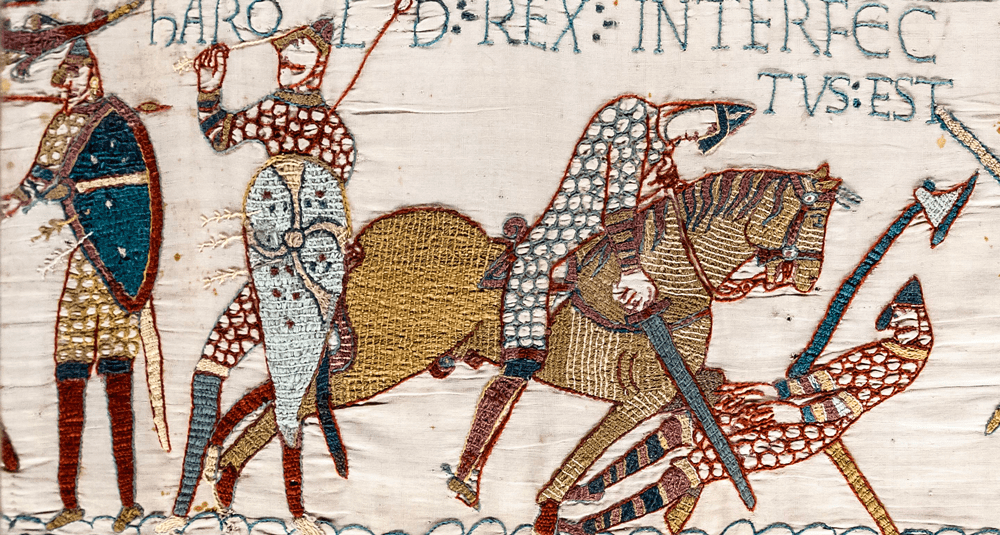
What events are described in the Bayeux Tapestry ?
1Norman conquest of England
2Hundred Years' War

🙌 Good answer
The Bayeux Tapestry depicts the events leading up to William the Conqueror's conquest of England, in particular the Battle of Hastings in 1066.
Next question

😞 Wrong answer
The Bayeux Tapestry depicts the events leading up to William the Conqueror's conquest of England, in particular the Battle of Hastings in 1066.
Next question
history
/ 10

In 1095, which Pope preached the First Crusade on the Place de Clermont?
2Urban II
1Paul III

🙌 Good answer
In 1095, Pope Urban II preached the First Crusade in the town square of Clermont, calling on Christians to liberate Jerusalem from the Muslims.
Next question

😞 Wrong answer
In 1095, Pope Urban II preached the First Crusade in the town square of Clermont, calling on Christians to liberate Jerusalem from the Muslims.
Next question
history
/ 10
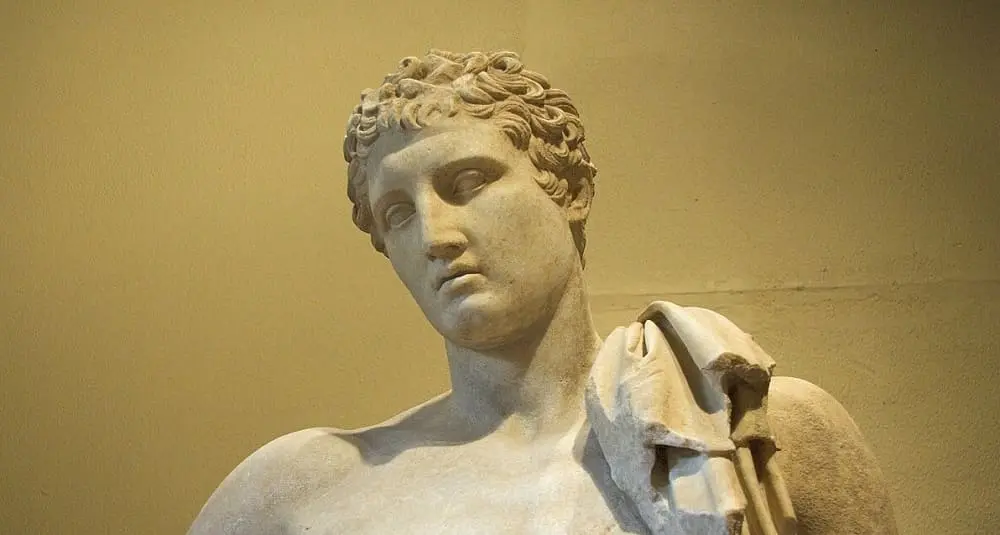
Who is Hermes in mythology?
2Messenger of the gods
1God of war

🙌 Good answer
In Greek mythology, Hermes is the messenger of the gods, the god of trade, travel, thieves and eloquence. He also guides souls to the Underworld.
Next question

😞 Wrong answer
In Greek mythology, Hermes is the messenger of the gods, the god of trade, travel, thieves and eloquence. He also guides souls to the Underworld.
Next question
history
/ 10
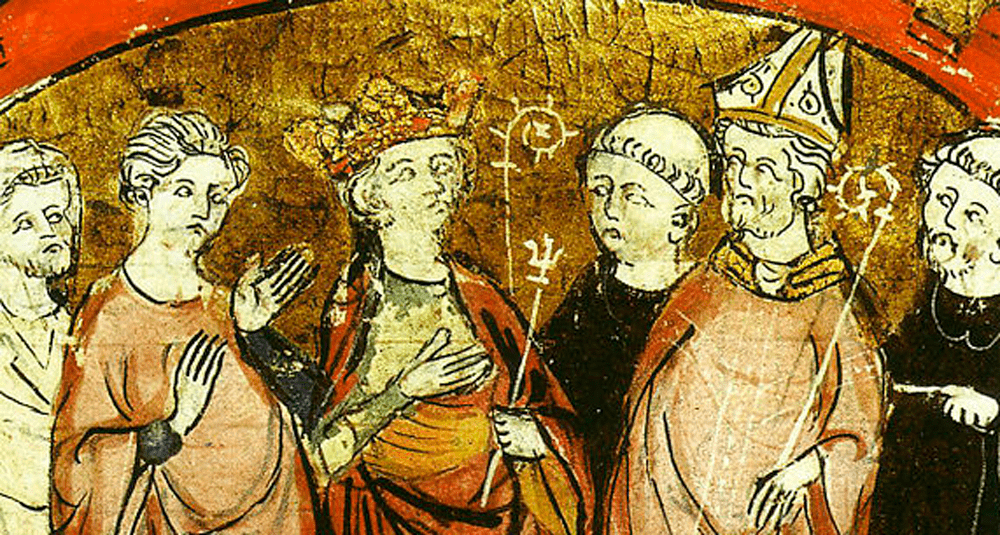
What was Dagobert's kingdom from 622 to 632?
1Austrasia
2Burgundy

🙌 Good answer
He reigned over Austrasia from 622 to 632 and was king of the Franks from 629 to 639.
Next question

😞 Wrong answer
He reigned over Austrasia from 622 to 632 and was king of the Franks from 629 to 639.
Next question
history
/ 10
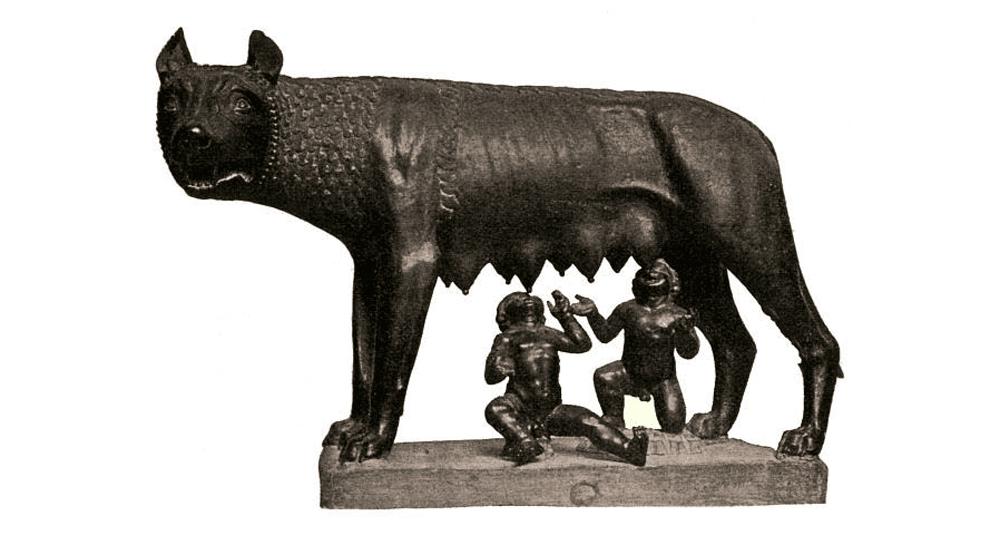
According to myths, when did Remus and Romulus found the city of Rome?
1753 B.C.
2509 B.C.

🙌 Good answer
According to Roman myths, Romulus founded the city of Rome on the site of Mount Palatine on the Tiber on April 21, 753 BC.
Next question

😞 Wrong answer
According to Roman myths, Romulus founded the city of Rome on the site of Mount Palatine on the Tiber on April 21, 753 BC.
Next question
history
/ 10

What is the name of the Soviet farms launched by Stalin after 1928?
2Sovkhozes
1Kolkhozes

🙌 Good answer
A sovkhoz is a state farm from the time of the USSR. Sovkhozes were created during the expropriation of the "kulaks" during Stalin's campaign of collectivization after 1928.
Next question

😞 Wrong answer
A sovkhoz is a state farm from the time of the USSR. Sovkhozes were created during the expropriation of the "kulaks" during Stalin's campaign of collectivization after 1928.
Next question
history
/ 10
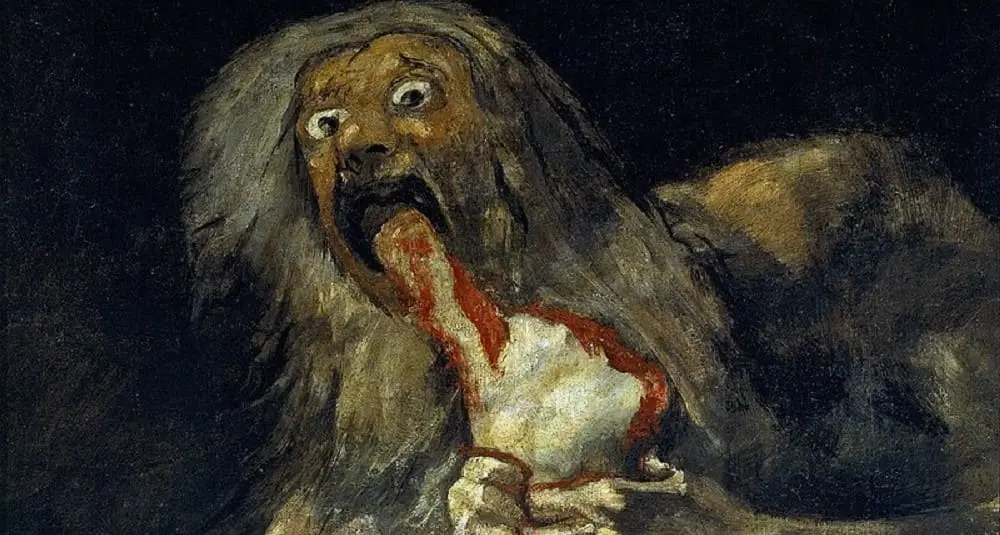
Who is the god Saturn?
1God of farming and time
2God of thunder

🙌 Good answer
In Roman mythology, Saturn is the god of agriculture and time. He is associated with Cronos, his Greek equivalent, and reigned before Jupiter.
Next question

😞 Wrong answer
In Roman mythology, Saturn is the god of agriculture and time. He is associated with Cronos, his Greek equivalent, and reigned before Jupiter.
Next question
history
/ 10
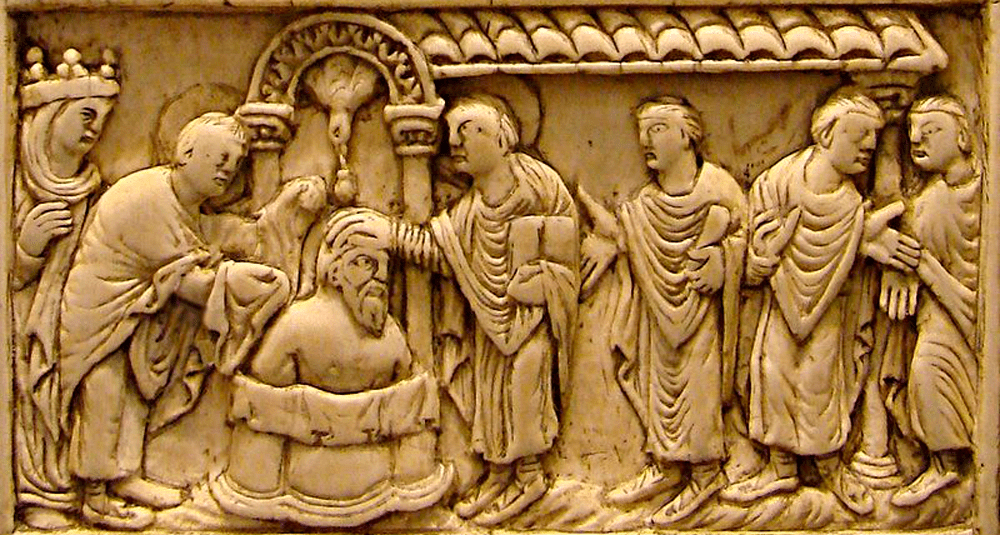
As a result of what battle did Clovis I convert to Christianity?
1Tolbiac
2Vouillé

🙌 Good answer
Clovis I converted to Christianity following the battle of Tolbiac, won against the Alamanni around 496, after invoking Clotilde's God.
Next question

😞 Wrong answer
Clovis I converted to Christianity following the battle of Tolbiac, won against the Alamanni around 496, after invoking Clotilde's God.
Next question
history
/ 10
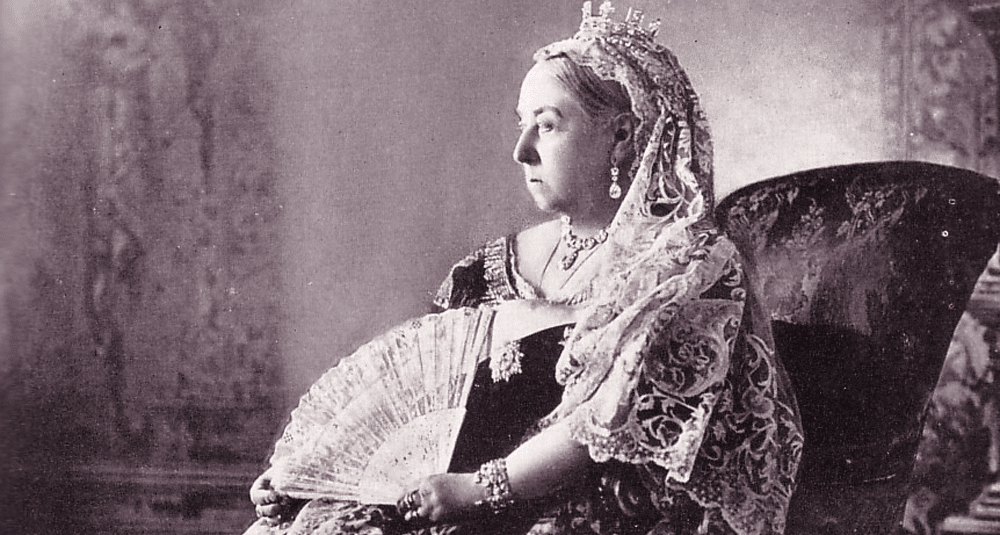
When did Queen Victoria become Empress of India?
21876
11837

🙌 Good answer
Victorian was Queen of the United Kingdom of Great Britain and Ireland from 20 June 1837 until her death. From July 1, 1867, she was also Queen of Canada, Empress of India from May 1, 1876, and Queen of Australia on January 1, 1901.
Next question

😞 Wrong answer
Victorian was Queen of the United Kingdom of Great Britain and Ireland from 20 June 1837 until her death. From July 1, 1867, she was also Queen of Canada, Empress of India from May 1, 1876, and Queen of Australia on January 1, 1901.
Next question
history
/ 10
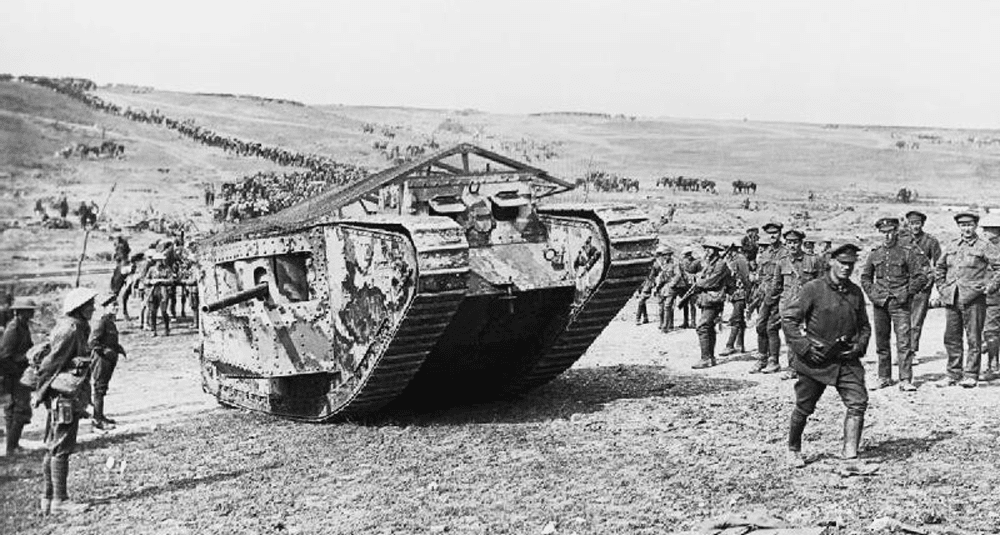
What was the first joint Franco-British offensive of the World War I?
1Battle of the Somme
2Battle of Verdun

🙌 Good answer
The Battle of the Somme in 1916 was the first joint Franco-British offensive of the World War I, aimed at weakening German forces.
Next question

😞 Wrong answer
The Battle of the Somme in 1916 was the first joint Franco-British offensive of the World War I, aimed at weakening German forces.
Next question



